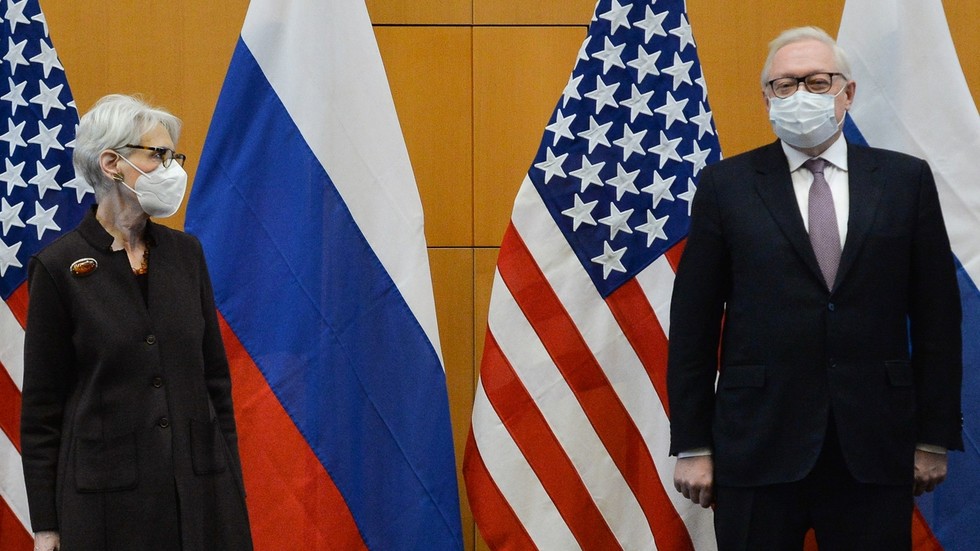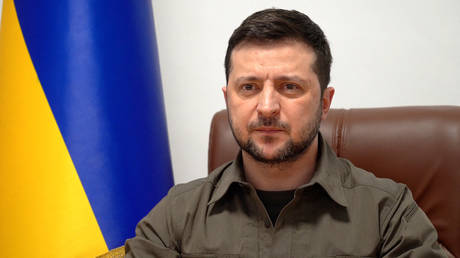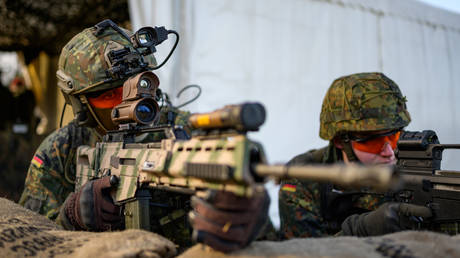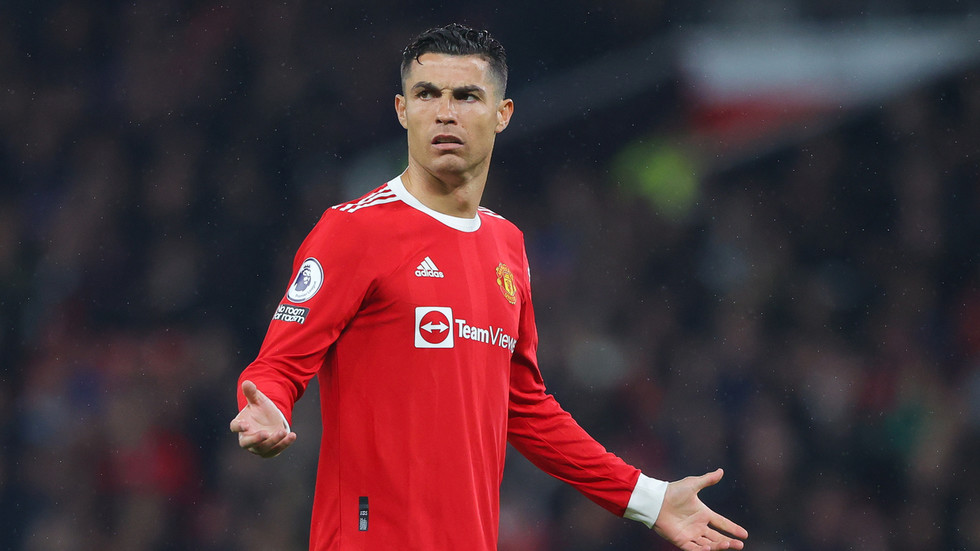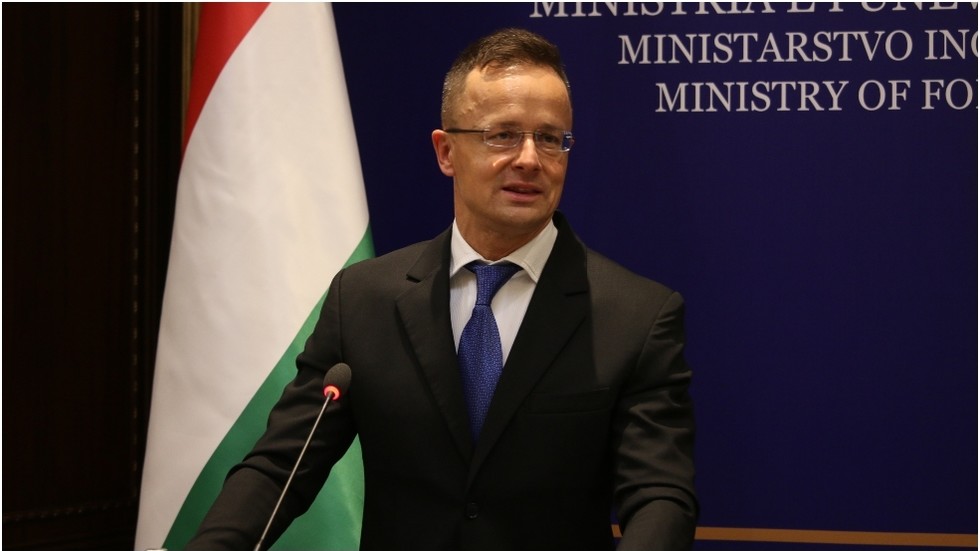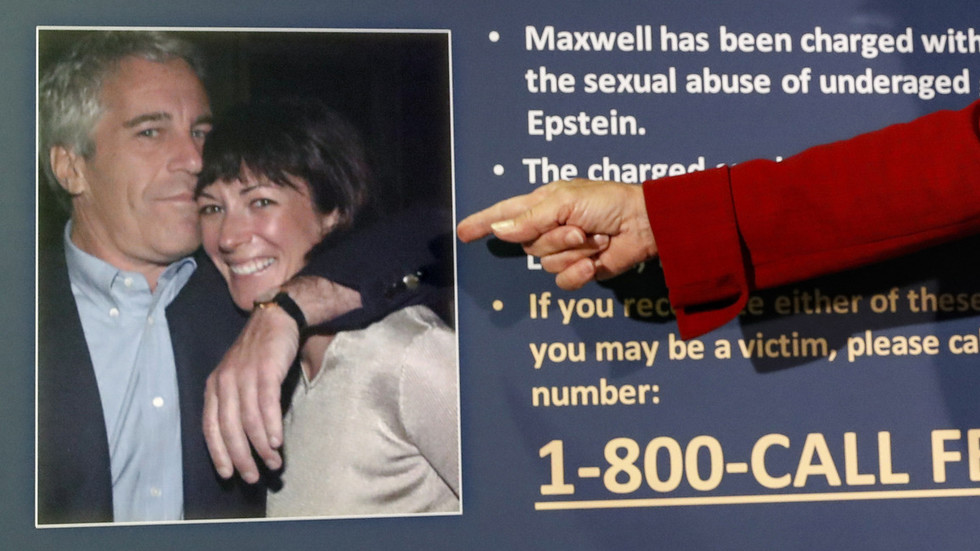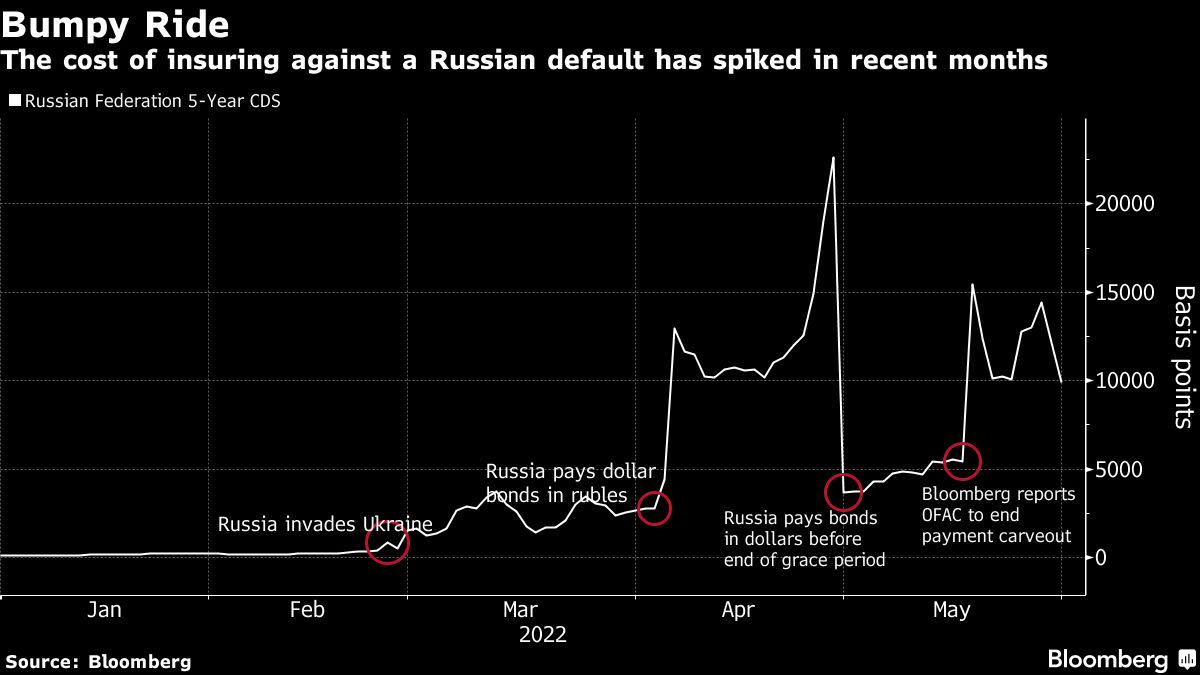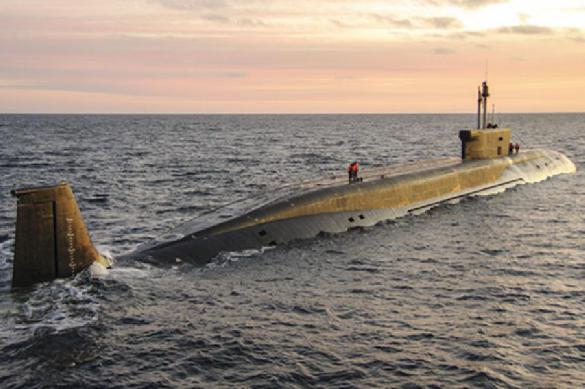[ad_1]
By Glenn Diesen, a Professor on the College of South-Jap Norway, and an editor on the Russia in World Affairs journal. Observe him on Twitter @glenn_diesen.
The EU has hit out after it was successfully excluded from safety talks between Russia and the US. The destiny of the world could have as soon as been determined in Western European capitals, however now it appears to be out of their arms.
Nevertheless, it appears more and more clear that the bloc solely has itself responsible for the actual fact its members now not have a seat on the prime desk, leaving them the topic of discussions, moderately than the driving force of them.
A US-led Europe
Upfront of the talks final week, Washington rhetorically agreed that European safety can’t be determined over the heads of the EU and Ukraine, earlier than then merely going forward with the bilateral US-Russia format. Merely put, Washington can not do diplomacy with Eurocrats within the room.
The primary motive is that the credibility of US safety ensures is juxtaposed with compromise. In 1962, President Kennedy and the Soviet Union reached an settlement to resolve the Cuban missile disaster, which stipulated that the US would take away its Jupiter missiles from Turkey in return for the Soviet Union eradicating its missiles from Cuba. As a substitute of celebrating the diplomatic efforts that prevented nuclear battle, the US conditioned the settlement on it being saved a secret. Kennedy lied to the US public and its overseas allies. For twenty years, the US public believed that the disaster had been solved by confronting Moscow in an uncompromising stance, which made the Soviets again down and grant victory to the US.
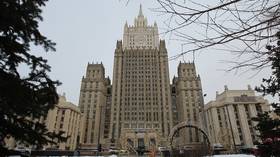
Jack Matlock, the final US ambassador to the USSR, argues that the US equally rewrote historical past by claiming that the Chilly Warfare was “gained” by the collapse of the Soviet Union in 1991, when in actuality it was negotiated to an finish in 1989 by way of compromise. In keeping with Matlock, the consequence of US mythmaking is a nationwide narrative by which peace is achieved by staring down and defeating its adversaries, whereas compromise is denounced as “appeasement.” Consequently, precise diplomacy and compromise should be achieved behind closed doorways.
The second motive is that the inspiration of “alliance solidarity” is at all times to face united in opposition to the adversary, Russia, which ensures that the bloc can solely communicate within the language of ultimatums and threats. The primary lesson from the NATO-Russia Council was that the 30 member states would agree on a standard place earlier than assembly Russia, at which level officers wouldn’t be capable to alter the prevailing consensus. This eradicated the chance for actual diplomacy, because the format of negotiating from a “place of power” merely implied that NATO would strain or threaten Russia to simply accept its unilateral selections. Each Washington and Moscow are conscious that diplomacy and compromise can solely achieve success in a bilateral format.
No seat on the desk
The EU’s prime diplomat, Josep Borrell, criticized the US-Russia format for discussing European safety in its absence. Borrell argued that “the EU should be concerned in these negotiations” as “European safety is our safety … It’s about us. This isn’t merely the case for 2 states, i.e. America and Russia, or NATO and Russia – even when Moscow imagines it.”
There’s a sure irony to this assertion, as the rationale for this battle is that the West has for the previous 30 years unilaterally altered the foundations of the European safety structure over the top of Russia as the biggest state in Europe. Legitimizing unilateralism by dressing up energy politics within the language of “democracy” and “values,” Russian safety issues have been ignored for many years and pan-European safety agreements based mostly on the precept of “indivisible safety” have been violated.

The EU and Russia reached the pivotal EU-Russia Widespread Areas Settlement in 2005, which dedicated either side to pursue integration efforts in direction of the widespread neighborhood “in a mutually helpful method, by way of shut result-oriented EU-Russia collaboration and dialogue, thereby contributing successfully to making a larger Europe with out dividing strains.”
If the EU had honored this settlement and never tried to marginalize Russia within the shared neighborhood, the present standoff with potential cataclysmic penalties wouldn’t have materialized.
Consequently, a divided Europe is destined to grow to be more and more irrelevant. Making an attempt to maneuver the dividing strains incrementally in direction of Russian borders is fueling mutual sanctions and navy conflicts, which leads to Western Europe changing into extra reliant on the US. With out strategic autonomy, EU-Russian relations shall be hostage to US-Russian relations, to the extent the West Europeans have little to contribute. Throughout the Chilly Warfare, the continent was no less than the focal point and a key precedence for the US, whereas within the current period, EU members have gotten ever-more depending on the US, which in flip is compelled to prioritize East Asia as the middle of gravity.
An unreliable accomplice?
Diplomatic relations between the EU and Russia have just about come to an finish, which means that the bloc is dropping its relevance as an establishment to arrange pan-European safety.
The EU prospered as a collective hegemony within the pan-European house, because it may act unilaterally and deter Russia from responding. Because the world turns into more and more multipolar, this method has merely set the EU’s neighborhood on hearth, which they then attempt to resolve by threatening and sanctioning Russia into making unilateral concessions. In a multipolar system, sanctions find yourself isolating the bloc as Russia continues to shift its financial connectivity to the East. The EU has exhausted the sanctions weapon, which is problematic when it’s the solely instrument within the diplomatic toolbox.
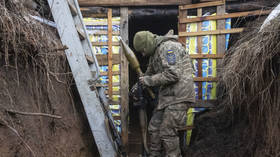
Even when Borrell got here to Moscow in February 2021 to enhance relations, the political creativeness was restricted to lecturing Russia and presenting the EU as a impartial and harmless occasion to a Europe in battle. Amazed that Moscow didn’t settle for the position because the civilizational scholar to the EU, Borrell returned to Brussels and advocated extra sanctions.
When Russia proposed these talks to lastly attain a mutually acceptable post-Chilly Warfare settlement, Borrell responded: “That is the primary time that the Russians have put their agenda on the desk in writing, within the type of an actual treaty. This has by no means occurred earlier than. Solely winners do this: To say that and these are my situations.” Borrell went on to counsel that the purpose of departure in any discussions on European safety must be to debate Russian infringements, earlier than outlining his plans to supply additional navy help to Ukraine.
The talks about pan-European safety ought to have began 30 years in the past, as establishing a Europe with out Russia would inevitably grow to be a Europe in opposition to Russia. There’s an imminent must revive the artwork of diplomacy, which suggests that the EU’s presence shall be counter-productive.
The statements, views and opinions expressed on this column are solely these of the creator and don’t essentially symbolize these of RT.
[ad_2]
Source link

